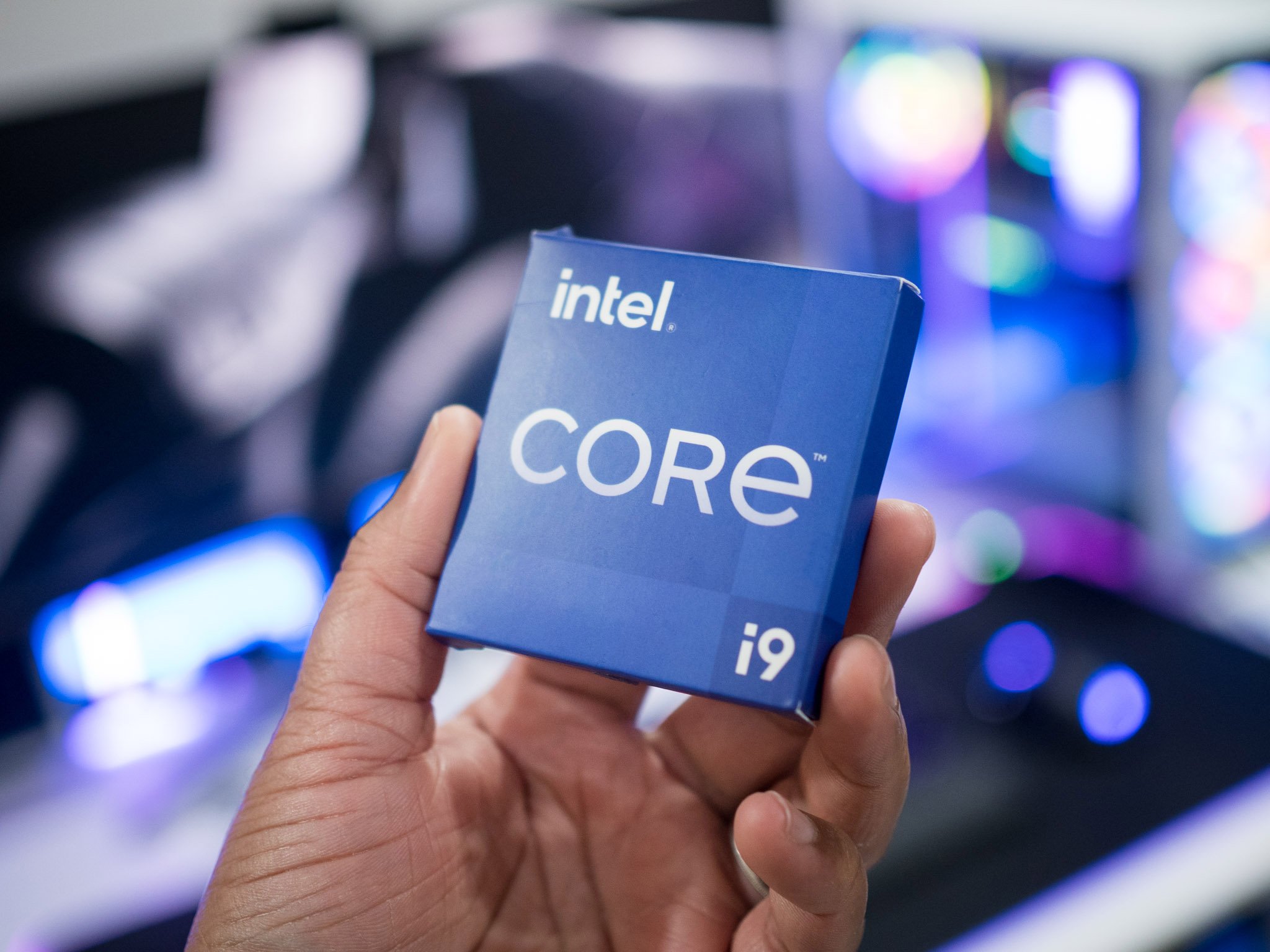Intel and Micron request semiconductor subsidies from US government
Intel and Micron may invest heavily in U.S.-based chipmaking, but plans may depend on support from the government.

What you need to know
- Intel and Micron's chief executive officers argued before the U.S. Senate Commerce Committee to receive subsidies for semiconductor manufacturing.
- Intel has announced large investments for semiconductor manufacturing in the United States, but how much the company will spend may depend on support from the government.
- The U.S. Senate and House have passed versions of the CHIPS act, but the governing bodies do not agree on some of the particulars of the legislation.
The chief executive officers of Intel and Micron spoke before the U.S. Senate Commerce Committee on Wednesday, March 23, 2022. The CEOs argued that the U.S. government should subsidize domestic semiconductor manufacturing. Government support could incentivize companies to invest in the United States rather than China or Europe.
Reuters shared previously unreported testimony from Intel CEO Pat Gelsinger. "There is an urgent need for the federal government to incentivize more private sector investment in the United States to enable a resilient and innovative semiconductor ecosystem." The outlet reported that Gelsinger would make the same case to the U.S. Senate Commerce Committee on Wednesday, March 23, 2022.
Gelsinger also stated in previous testimony that $100 billion of Intel's potential investment in Ohio may depend on support from the CHIPS Act.
Micron has large plans for chipmaking fabs, including $150 billion of investment over the next ten years. Some of the company's manufacturing plants could be in the United States, though that may depend on subsidies from the government.
$52 billion in support would "kick start investment in workforce development, R&D, innovation, and expansion of manufacturing in the near term," according to Micron CEO Sanjay Mehrotra.
Both the U.S. Senate and House have passed versions of the Creating Helpful Incentives to Produce Semiconductors (CHIPS) act, but the bodies have not yet agreed on the financial particulars of the legislation.
"The situation now in America is urgent," said Commerce Secretary Gina Raimondo in a meeting with U.S. senators earlier this month. "We have to decrease our dependence on other countries including Taiwan on chips and the way to do that is to make more chips in America."
All the latest news, reviews, and guides for Windows and Xbox diehards.
Intel has made similar remarks about Taiwan.

Sean Endicott is a tech journalist at Windows Central, specializing in Windows, Microsoft software, AI, and PCs. He's covered major launches, from Windows 10 and 11 to the rise of AI tools like ChatGPT. Sean's journey began with the Lumia 930, leading to strong ties with app developers. Outside writing, he coaches American football, utilizing Microsoft services to manage his team. He studied broadcast journalism at Nottingham Trent University and is active on X @SeanEndicott_ and Threads @sean_endicott_.
